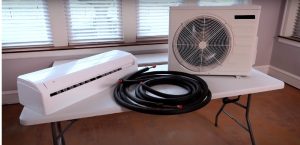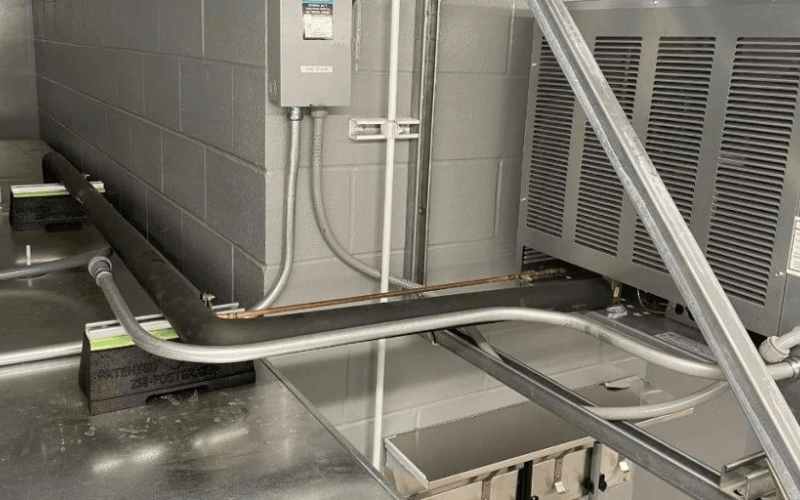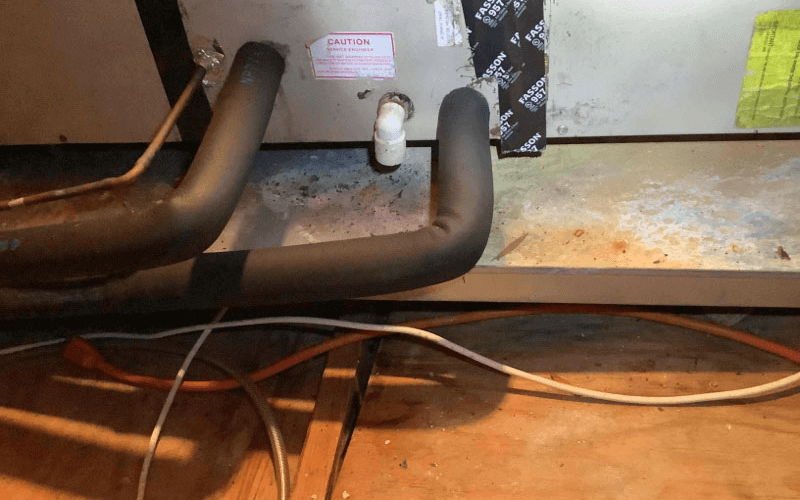When you start shopping for a new HVAC unit, the sales representative will inevitably ask if you want to know more about BTU. You might be wondering what this stands for and why it is important in the first place. We are here to help with that information so you can make an informed choice on which unit would best fit your needs.
Table of Contents
ToggleWhat Does BTU Stand For?
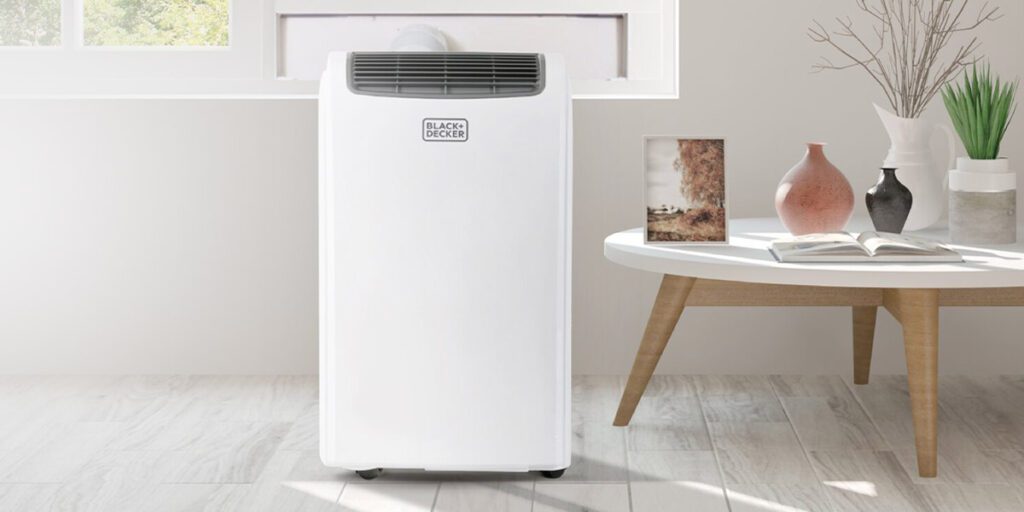
BTU stands for British Thermal Unit or “what quantity of heat will raise 1 Pound of water by 1 degree Fahrenheit”. What this means is that when it comes to how heating and Air Conditioning units work, they all operate around the same principle: moving heat energy through space rather than across something like copper wire or carbon fiber-like electric heat.
Also check: How to Stop Condensation on Your AC Ducts
How Much BTU Does My Home Need?
The BTU rating will tell you how much heat an air conditioner or furnace produces, and therefore the amount of space it can reasonably heat. On average home is about 2,000 square feet in size and uses either 14,000 or 28,000 BTUs to keep it comfortable throughout the year. A larger home will likely need both a Gas Furnace and an electric AC unit while smaller homes might only need one of each type because there is less distance for heat to travel. For example: If your house is 2,500 square feet in the size you might want to look at getting a 26-32k BTU indoor natural gas furnace and an 18-20k BTU air conditioner unit.
How Do I Know If My BTU Rating Is Correct?

To make sure you are getting the correct BTU rating for your home, use this formula: Square Footage x Ceiling Height divided by 3 equals Minimum BTUs needed. The result should match the BTU rating you were given from a local representative. If it doesn’t, contact your HVAC installer and let them know that their calculation is different from what you have here or that it doesn’t seem right to you. They may be able to explain why their number makes more sense, or they may recommend a smaller model instead of one that matches the number on our chart above.
Also check: Air Conditioners Leaking Water
Gas Furnace Vs Electric Heat
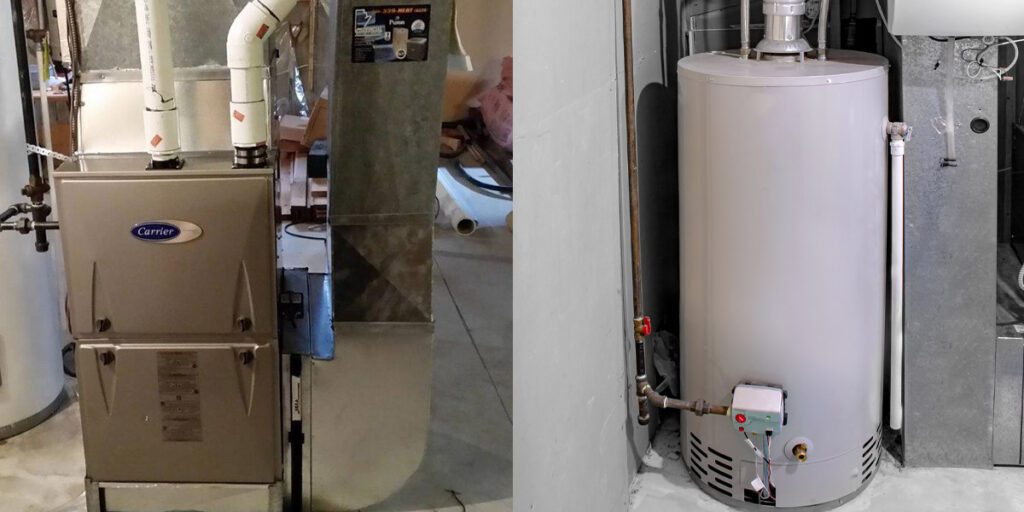
When it comes to BTU ratings, gas furnaces will always have higher ratings because they can handle larger homes more efficiently. Electric Heat is sometimes better suited for smaller houses with multiple levels.
If you need help deciding between the two for your home, call our HVAC professionals or visit our website online. We hope this article has been helpful! We will be happy to answer you.



